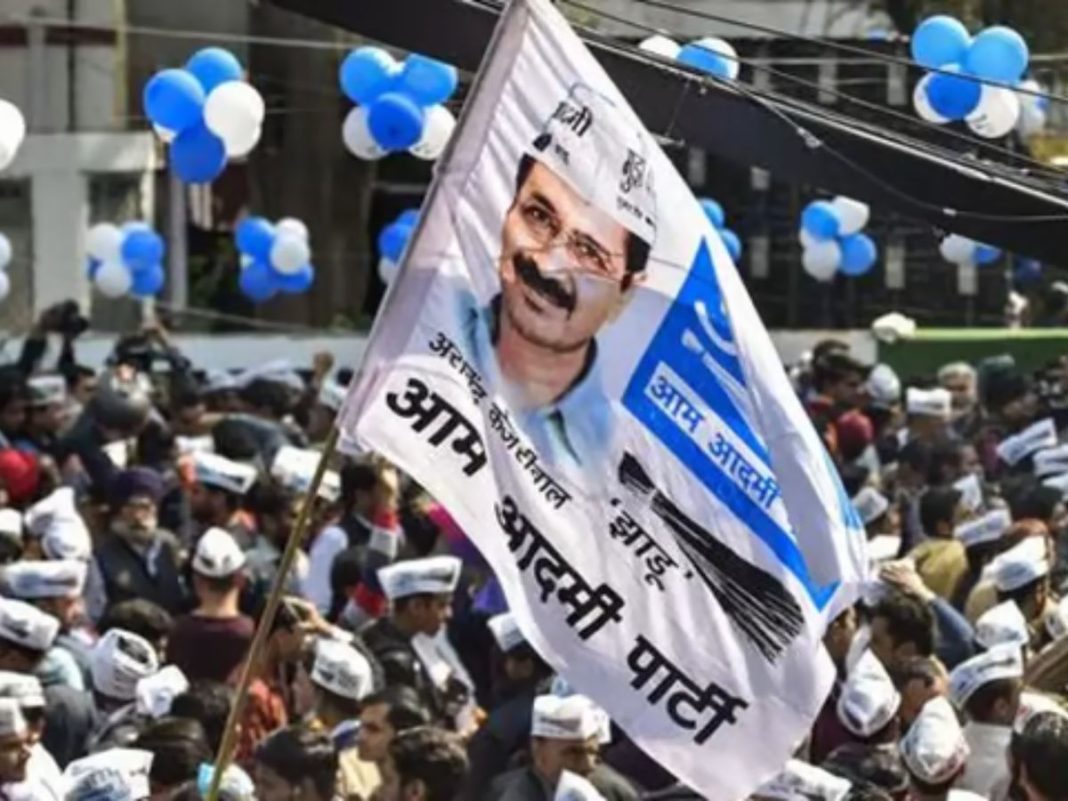“Arvind Kejriwal to contest from New Delhi, Atishi from Kalkaji; AAP retains most sitting MLAs while fielding new faces in key constituencies.”
New Delhi, December 15: The Aam Aadmi Party (AAP) on Sunday announced its fourth and final list of 38 candidates for the 2025 Delhi Assembly elections. The party has largely retained its sitting MLAs while introducing a few new candidates in select constituencies.
As per the list, AAP’s national convener and former Delhi Chief Minister Arvind Kejriwal will contest from the New Delhi constituency. Current Chief Minister Atishi will run from Kalkaji, Minister Saurabh Bharadwaj from Greater Kailash, and Minister Gopal Rai from Babarpur.
Prominent figures like Satyendra Kumar Jain (Shakur Basti), Durgesh Pathak (Rajinder Nagar), Imran Hussain (Ballimaran), and Jarnail Singh (Tilak Nagar) have also secured tickets. Additionally, Ramesh Pehalwan has been fielded from Kasturba Nagar, while Pooja Naresh Balyan will contest from Uttam Nagar.
Key Updates from AAP’s Candidate List
- Out of 38 candidates in the final list, two are new faces, while the remaining 36 sitting MLAs have been retained.
- Former BJP leader Ramesh Pehalwan and his wife Kusumlata Ramesh joined AAP on Sunday, with Pehalwan contesting from Kasturba Nagar.
- Naresh Balyan’s wife, Pooja Naresh Balyan, has been fielded as a candidate from Uttam Nagar.
Earlier, in its second list released on December 9, AAP replaced 17 sitting MLAs with new candidates while retaining key leaders like Manish Sisodia and Rakhi Birla. The third list, released on Friday, saw Tarun Yadav nominated from Najafgarh Assembly.
Political Landscape Ahead of 2025 Elections
In the 2020 Delhi Assembly elections, AAP won a landslide victory, securing 62 out of 70 seats, while the BJP managed eight. The Congress, which once dominated Delhi politics for 15 years, failed to win a single seat in the last two elections.
As AAP enters the 2025 race, it aims to maintain its stronghold in the national capital while countering challenges from BJP and other opposition parties.

